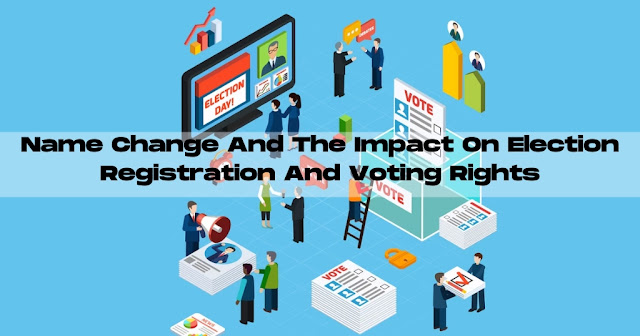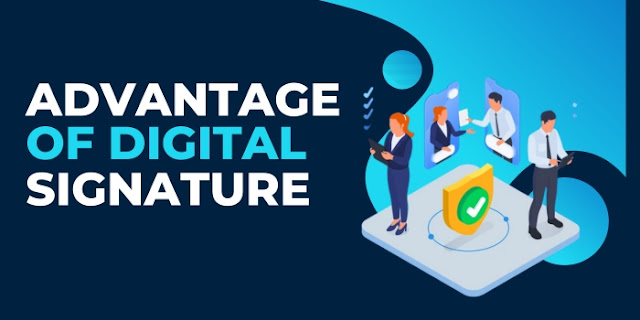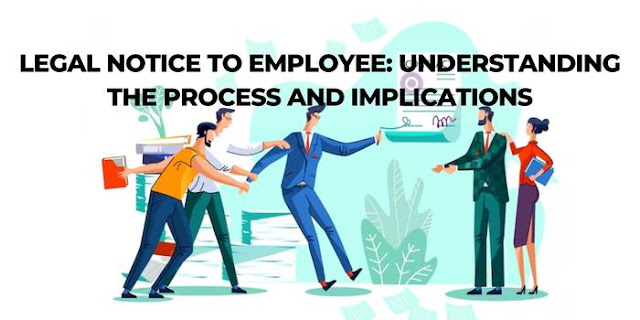Name Change And The Impact On Election Registration And Voting Rights In India
In a diverse country like India, where people from various linguistic, religious, and cultural backgrounds coexist, the issue of name change holds significant importance. Name change can occur due to various reasons, such as marriage, religious conversion, or personal preference. However, this seemingly simple act can have a profound impact on one's election registration and voting rights. This blog delves into the complexities surrounding name change in India and its implications on the electoral process.
Understanding The Name Change Process
The process of changing one's name in India involves legal procedures and documentation. Individuals seeking to change their name must follow specific guidelines laid down by the government, which vary depending on the reason for the change. Common documents required for name change include a notarized affidavit, newspaper publication, and gazette notification.
Challenges In Voter Registration
One of the primary concerns regarding name change is its impact on voter registration. The Election Commission of India (ECI) serves as the central authority responsible for maintaining the voter list. When a person changes their name, it becomes essential to update their details in the electoral records to ensure seamless participation in the democratic process. However, the bureaucratic hurdles and lengthy procedures involved often lead to delays and complications in updating voter information.
Impact On Electoral Rolls
The accuracy and integrity of electoral rolls are crucial for free and fair elections. Name changes, if not promptly updated, can create discrepancies in the electoral rolls. This can result in eligible voters being disenfranchised or facing difficulties during the voting process. Outdated information can also lead to the inclusion of ineligible or duplicate voters, compromising the integrity of the electoral process.
Legal Framework And Name Change
India has a comprehensive legal framework that governs name change procedures. The Constitution of India guarantees the right to change one's name under Article 19, which recognizes the fundamental right to freedom of expression. However, certain legal provisions and practical challenges hinder the exercise of this right. For instance, in some states, a name change requires publication in the local newspaper, which can be an arduous task for individuals residing in remote areas.
Voter Identification And Name Change
A crucial aspect of the electoral process is voter identification. The voter identification card, commonly known as the Voter ID card, is a vital document that allows individuals to exercise their voting rights. When a person changes their name, obtaining a new Voter ID card becomes necessary. However, the process of obtaining a revised card can be cumbersome, and individuals may face difficulties in proving their identity during elections due to the name change.
Role Of Technology In Addressing Challenges
Technology can play a significant role in streamlining the name change process and minimizing its impact on election registration and voting rights. The digitization of voter records and the implementation of online portals for name change applications can expedite the updating of electoral rolls. Furthermore, integrating biometric identification systems can enhance the accuracy and efficiency of voter identification, mitigating issues arising from name changes.
Need For Awareness And Accessibility
To ensure that individuals do not face undue hardships while exercising their voting rights after a name change, widespread awareness campaigns and improved accessibility are essential. Government agencies, civil society organizations, and educational institutions can collaborate to disseminate information about the name change process, the impact on electoral rights, and the steps involved in updating voter records. This awareness can empower individuals to navigate the system effectively.
Addressing Legal And Procedural Challenges
Efforts should be made to simplify and streamline the name change procedures, reducing the bureaucratic red tape and eliminating unnecessary hurdles. The government can consider introducing uniform guidelines across states, establishing dedicated name change facilitation centers, and leveraging technology for seamless record updates. Such measures would ensure that individuals can exercise their right to change their name without compromising their electoral rights.
Conclusion
Name change is an important aspect of personal identity and individual freedom. However, its impact on election registration and voting rights in India cannot be overlooked. Streamlining the name change process, enhancing accessibility, and leveraging technology are crucial steps in ensuring that individuals can exercise their democratic rights without facing unnecessary obstacles. A comprehensive approach that combines legal reforms, awareness campaigns, and technological advancements can help bridge the gap between personal identity and electoral participation.
Posted by Neeraj

.jpg)

